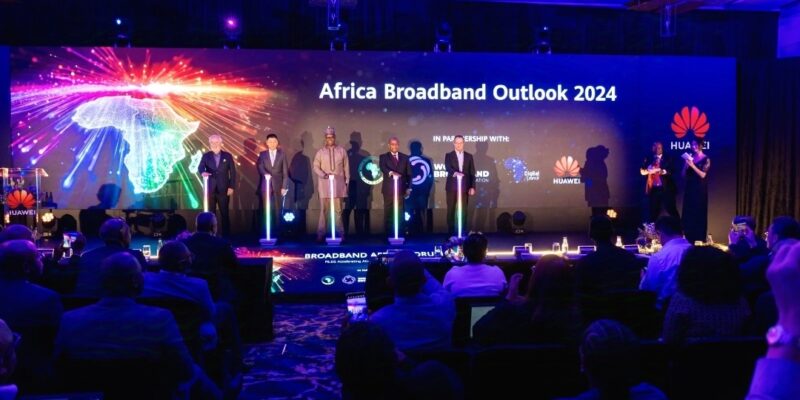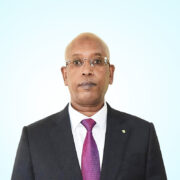
(Ecofin Agency) – The push for digital connectivity in Africa is crucial for socio-economic development and for bridging the digital divide. The continent has faced historical challenges in developing its telecommunications infrastructure. However, recent efforts signal a strong commitment to advancing digital capabilities and positioning it as a player in the global digital economy.
The Eswatini Posts and Telecoms Corporation (EPTC), led by Group Managing Director Themba Khumalo, has issued an open call for international fibre and technology partners to support Eswatini’s ambitious digital agenda. He announced this at the ongoing Africa Tech Festival, held from 11- 14 November at the Cape Town International Convention Centre (CTICC) in South Africa. EPTC aims to bridge the urban-rural divide, expanding broadband services and enhancing quality for communities nationwide.
“We are open for business,” said Khumalo, inviting global technology companies to partner with EPTC. By drawing from global telecom experiences, EPTC has developed a unique hybrid connectivity model that aligns with Eswatini’s diverse urban and rural needs.
As a landlocked country, Eswatini relies on neighboring nations for international bandwidth, resulting in relatively high access costs and lower market penetration. According to Datareportal, Eswatini had 708,200 internet users at the beginning of 2024, with internet penetration at 58.3%.
The Eswatini Posts and Telecoms Corporation (EPTC) aims to address these challenges by forming strategic alliances with both national and global infrastructure owners. These partnerships are essential for expanding geographic coverage, enhancing network resilience, and stabilizing internet services across the country. As part of its commitment to continuous improvement, EPTC plans to strengthen the national backbone by diversifying access to undersea optical fiber cables, ultimately lowering costs and improving service for all Eswatini residents.
Expanding broadband access is critical for economic growth, job creation, and social inclusion. According to the World Bank, a 10% increase in broadband penetration in developing countries can lead to a 1.38% increase in GDP.
This expansion is set to bring high-speed internet, cloud services, and e-learning opportunities to even the most remote areas, helping to create a more inclusive digital landscape.
Hikmatu Bilali










Comments